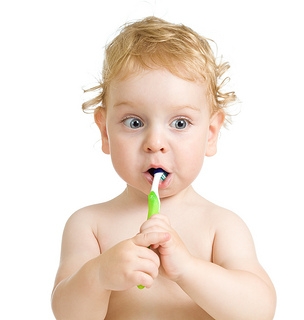Celebrate Labor Day by Getting Away
August 30th, 2023

Labor Day honors the contributions that workers have made to this country, and for many Americans, the holiday is a great time to relax at home with family and friends. But there are quite a few people who celebrate the holiday by getting out of town, with an estimated 33 million people traveling more than 50 miles over Labor Day weekend each year. If you’re dreaming of a great Labor Day escape but you’re not quite sure where to go, here are a few ideas from our team at Pediatric Dental Specialists of Central Oklahoma to give you some travel inspiration.
Explore a National Park
On a national holiday like Labor Day, it’s only fitting to experience the beauty of America’s landscapes by heading to the nearest national park. If you’re confined to an office most days of the year, national parks can provide a relaxing and scenic escape, whether you’re by yourself, traveling with a group of friends, or bringing the whole family along. Depending on how close you live to the nearest park, you can stay for an afternoon or for longer than a week. With 58 parks located in 27 states, there are plenty of beautiful areas to choose from.
Chow Down in a BBQ Haven
Barbecuing is a popular Labor Day activity, but instead of sweating over your own grill or oven, try visiting one of the country’s BBQ capitals. U.S. News and World Report names Memphis as the top BBQ destination, with more than 80 BBQ restaurants in the city, most notably Corky’s BBQ and Central BBQ. Kansas City is also known for the sweet taste of its sauces, while central Texas is said to have perfected the technique of smoking tender and flavorful brisket.
Relax on the Beach
Many people think of Labor Day as the unofficial start of fall, which brings cooler temperatures, more rain, and for many people, an end to lazy days at the beach. End your beach days with a bang by taking a trip to one of the coasts or to a lakeside beach. For an added dose of festivity, find a city or town that celebrates the occasion with a fireworks display over the water.
Whether you’re looking to turn your getaway into a full week affair or you simply want to experience a quick escape, make the most of your holiday by changing your surrounding scenery. Happy Labor Day from the pediatric practice of Dr. Brent Moody and Dr. Somer Heim!





